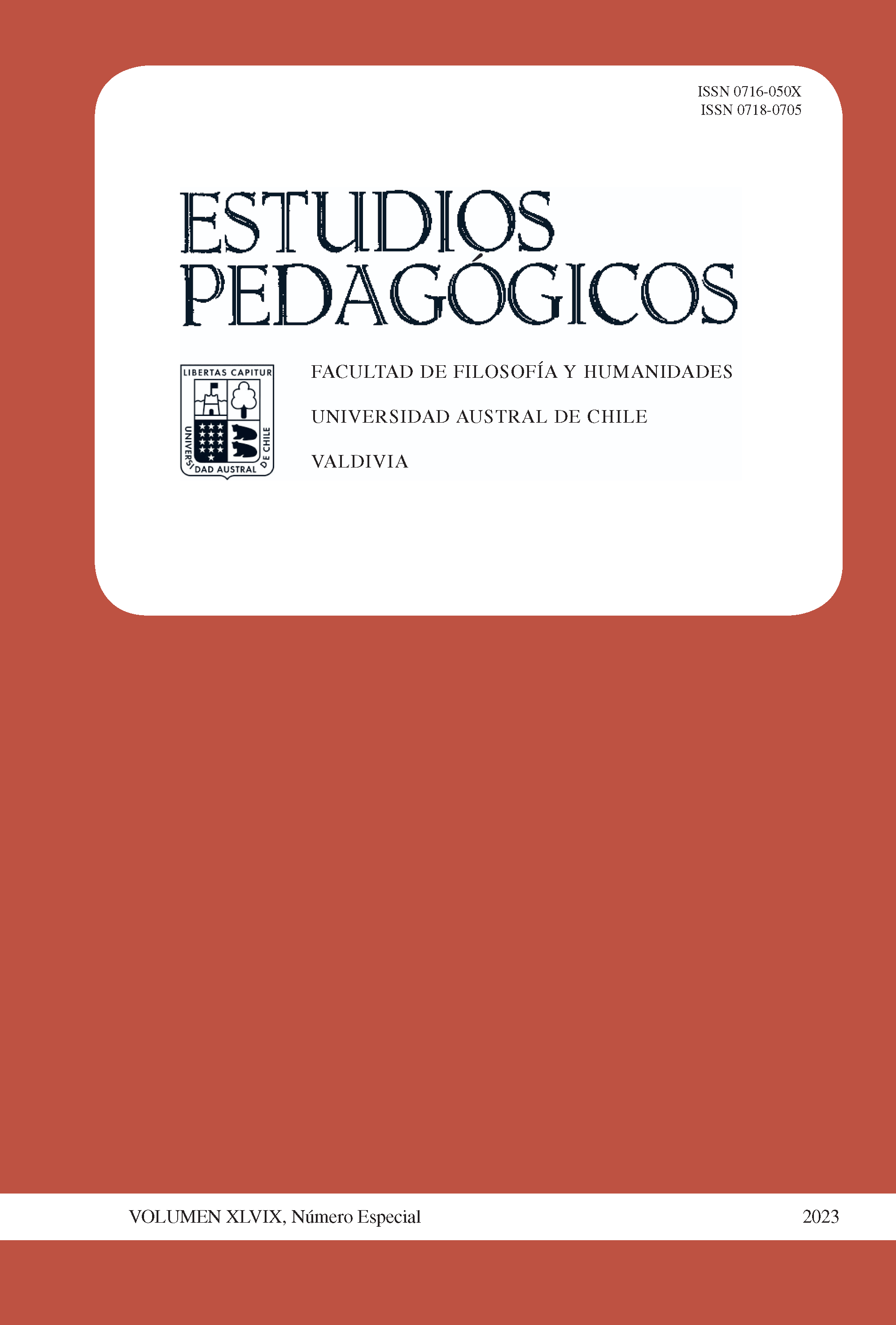Ethnomotricity in Early Childhood Pedagogy: a review of playful pedagogical proposals
Main Article Content
Abstract
The objective of this article is to characterize ethnomotor game as a pedagogical tool to support the teacher in early childhood. A qualitative descriptive bibliographic descriptive method of documentary analysis was used, through a systematic review. As a source of information, papers published in the Complementary Index, Academic Search Complete, Academic Source Premier, and Google Scholar databases were used during the period 2018 to 2022. For the descriptive analysis of the information, 25 documents were used during the selection criteria. The results show that game is a motivational factor for the teaching and learning process in early childhood. It is concluded that the ethnomotor game, when implemented as a pedagogical support tool for the teacher, also promotes the development of motor, cognitive, social, and linguistic skills, provides the opportunity for the child to learn in a playful way the culture and traditions of bodily practices.

